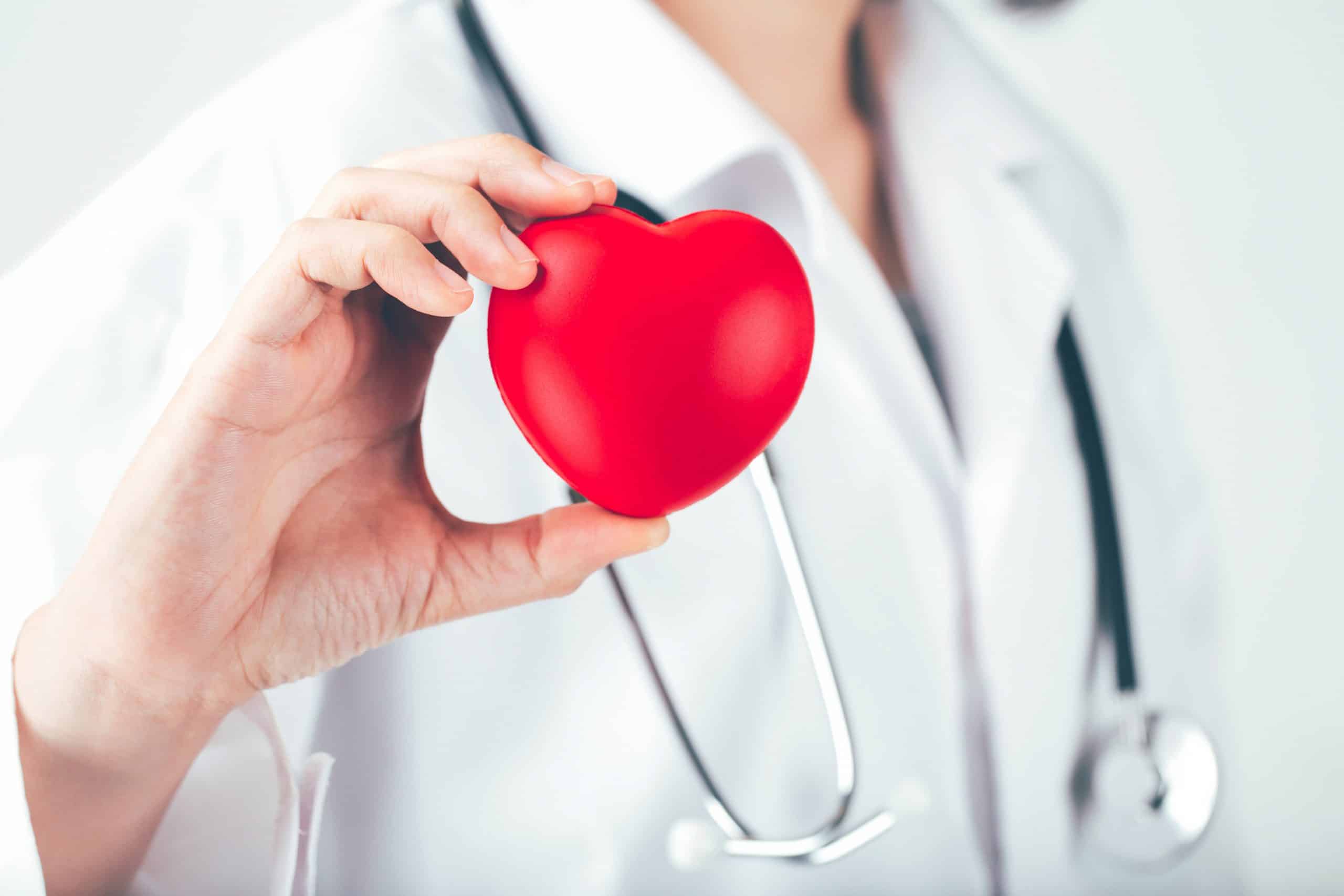Emergency Care
Heart attack is a life threatening emergency. Hence, it is very important not to ignore even minor symptoms of heart attack. With immediate treatment and emergency care, heart damage can be minimised and lives can be saved.
How to recognise heart attack symptoms?
Symptoms of heart attack vary from person to person. In general people suddenly experience severe chest pain. Sometimes it starts with mild pain and discomfort and increases gradually. But in some cases, like people with diabetes, there may not be any symptoms at all.
The following are warning signs of a heart attack that should not be ignored:
- Chest discomfort that increases and reduces or lasts for more than few minutes
- Profuse cold sweating
- Ghabrahat/ Nervousness
- May feel like imminent death
- Breathlessness
- Pain in other parts of the body such as arms, neck, back, jaws, etc.
- Nausea and vomiting
- Sudden fatigue
Severity of the symptoms varies depending on the age, gender and medical history.
What to do in case of heart attack?
Call for an ambulance immediately and take the patient to the nearest hospital. The paramedics in the ambulance are trained to provide emergency services and can try to revive the patient if the heart stops.
Before the paramedics arrive, it is essential to keep the patient calm and make him lie down. He should be made to chew and swallow an aspirin while waiting for the ambulance.
Emergency Care in Hospital
Ventricular fibrillation or disturbance in the heart’s electrical rhythm is the common cause of death due to heart attack. Till the defibrillator becomes available, the emergency personnel give artificial breathing and enable blood circulation by performing cardiopulmonary resuscitation (CPR).
In a cardiopulmonary arrest, which is the condition with no heartbeat and no breathing, it is essential to give the CPR as early as possible. This will help the oxygenated blood to keep flowing to the heart and brain.

